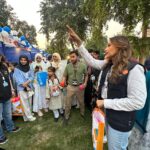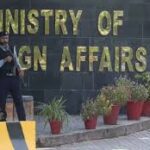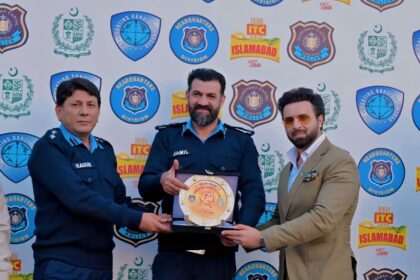Health Services Academy in Islamabad hosted a seminar on Breast Disease Burden & Breast Cancer Awareness, bringing together public health leaders and clinicians to press for urgent policy reform. Under the leadership of Prof. Dr. Shahzad Ali Khan, Vice Chancellor, and Prof. Dr. Junaid Sarfraz, Rector, speakers argued the fight against breast cancer requires both informed individuals and stronger health systems.
Prof. Dr. Shahzad Ali Khan said it is HSA’s duty to translate evidence into policy and to advocate for structural reforms that reduce the burden of breast cancer on women and the healthcare system. Prof. Dr. Junaid Sarfraz reiterated the academy’s commitment to turning seminar findings into concrete action through evidence-based advocacy.
Clinicians at the seminar emphasised personal prevention alongside systemic change. Prof. Dr. Samina Naeem Khalid encouraged regular breast self-examination and explained key risk factors while highlighting breastfeeding as a protective factor, noting only 48 percent of Pakistani women currently breastfeed.
The discussion then focused on gaps that hinder early detection and treatment. Prof. Dr. Mariyam Sarfraz warned that Pakistan lacks a national breast cancer screening policy and a comprehensive cancer registry, making it impossible to assess the true scale of the problem or allocate resources effectively.
Speakers called for two immediate steps: the establishment of a national breast cancer policy and a mandate to provide mammography and biopsy services at every district hospital. Without these measures, awareness and early detection efforts will reach only a fraction of women in need.
Delegates agreed that a coordinated approach linking public education, district-level diagnostic services and a national registry is essential to improve outcomes. The seminar positioned the Health Services Academy as a catalyst for policy change and a focal point for sustained advocacy on breast cancer in Pakistan.











